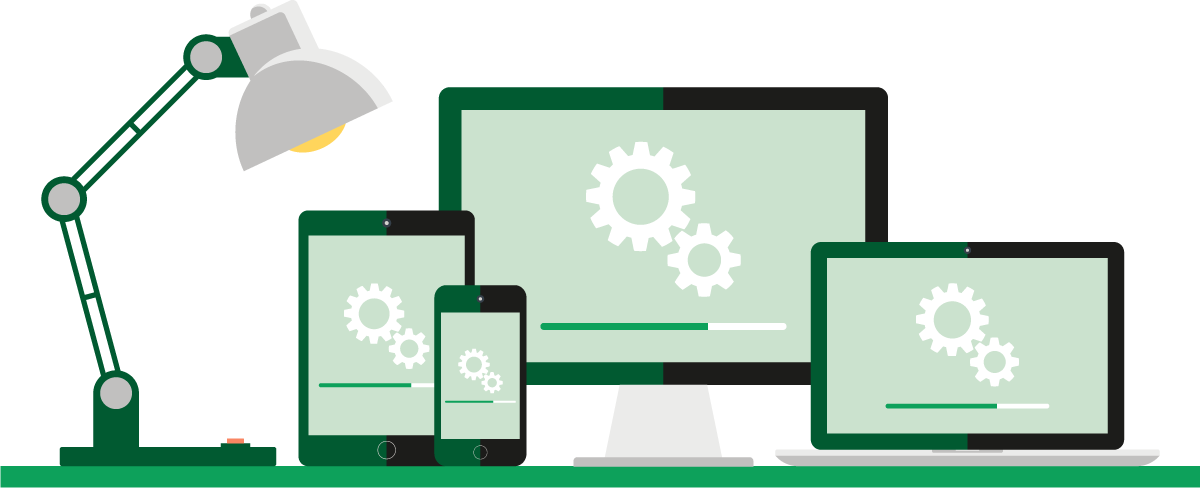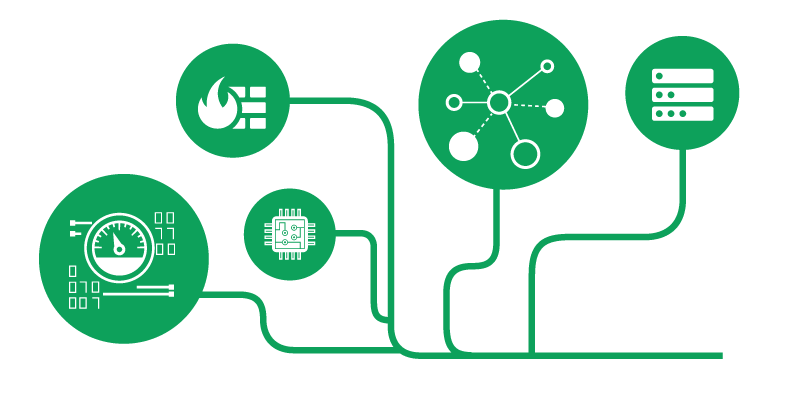How it works
Our software stack is based around Embedded Linux and IoT, focusing on robustness, security, and integration tools. The stack consists of Distribution & Upgrades, Certificate Management, Serial communications, Data logging and Frontend Visualizations.





